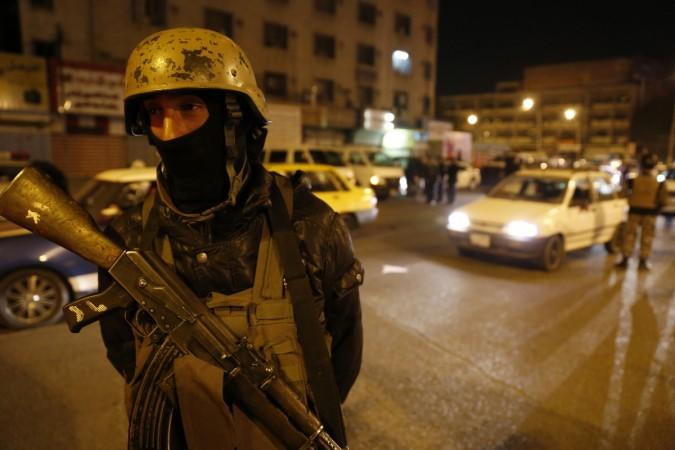
As part of Iraqi Prime Minister Haider al-Abadi's bid to make Baghdad a more liveable city, the government lifted a curfew that has been effective for over a decade. However, five blasts that rocked the city on Saturday reminded the residents of how war-plagued they still are.
The curfew, which was effective from midnight to 5am till Saturday, was first implemented as a security measure in violent aftermath of the 2003 US-led invasion. However, the Iraqis' were expecting a more relaxed and accessible capital with the lift on the curfew since Saturday, reported Reuters.
Their hopes were thwarted when five bombs detonated across the city just hours before the curfew was lifted, killing at least 36 people, mostly civilians, and injuring 94 others.
The blasts are a reminder of how the ordinary people are still facing militant violence in Baghdad.
The attacks included planting of improvised explosive devices in a bustling central market district and suicide bombing at a restaurant in the predominantly Shia neighbourhood of Jiddah, killing at least 23 people and wounding 49 more.
This, however, did not deter the spirits of the ecstatic residents of Baghdad, who are by now, used to the day-to-day violence. The curfew did not make sense to most of them because, the militant attacks are usually carried out carried out during daytime or early evening, with the aim of causing maximum casualties.
Most businessmen are happy that they can keep their shops open for a longer time and have to shut it around 11pm and rush back home.
"It's a positive decision for our business and our work. The shops will stay open much later and of course we will benefit," Tariq al-Ameri, a dress shop owner, told Al Jazeera.
It is understood that the prime minister has also ordered more roadblocks taken down. In some neighbourhoods there's a crackdown on arms carried by militias and a limit to the number of security vehicles officials can use.

















